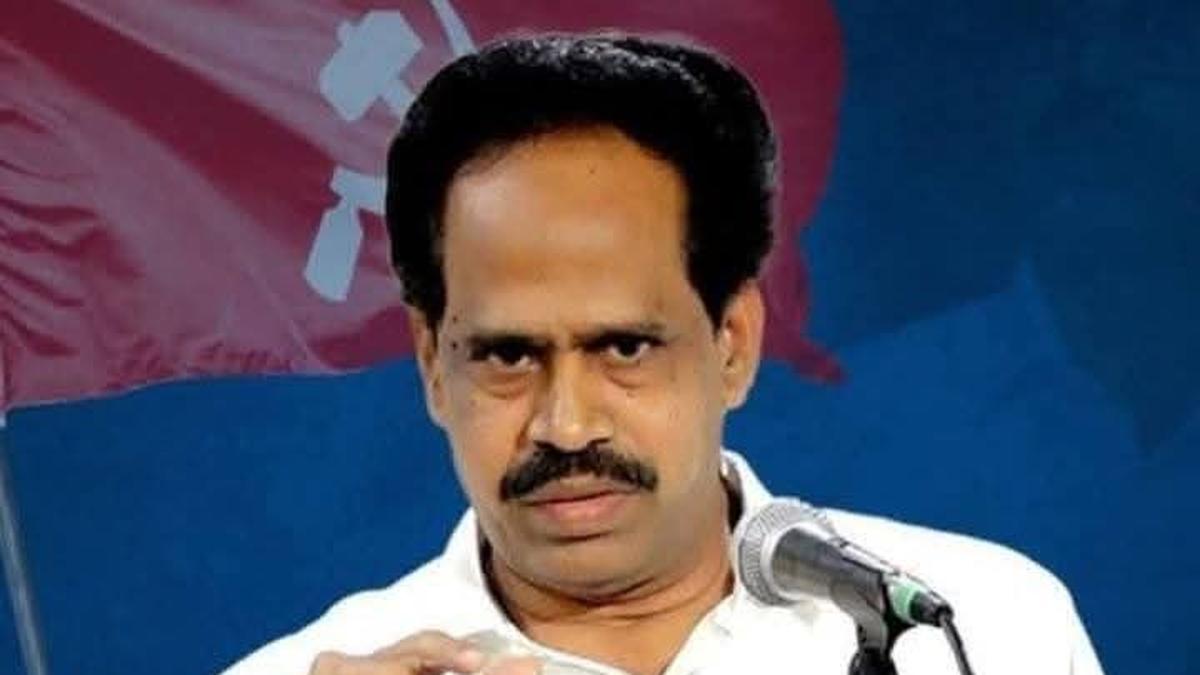Now Reading: SC Slams Poor Conditions in Beggars’ Homes, Calls Out State Mismanagement
-
01
SC Slams Poor Conditions in Beggars’ Homes, Calls Out State Mismanagement
SC Slams Poor Conditions in Beggars’ Homes, Calls Out State Mismanagement
Speedy Summary
- The Supreme Court of India ruled that beggars’ homes should not be treated as quasi-penal facilities or discretionary charity but as restorative institutions.
- A Bench of Justices J.B. Pardiwala and R. Mahadevan emphasized that these homes must provide safety, dignity, skill-building, care, and reintegration into society.
- Justice Mahadevan observed that any detention in beggars’ homes must adhere to protective custody principles with comprehensive rehabilitation services.
- Poor conditions in such facilities – including overcrowding, unhygienic environments, insufficient medical treatment – violate constitutional protections under Article 21 (right to life with dignity).
- Beggars’ homes where described as a “constitutional trust” aimed at protecting the most vulnerable groups from structural poverty, mental illness, abandonment, discrimination, or social exclusion.
- A cholera outbreak at a Delhi beggars’ home in 2000 highlighted severe deficiencies in infrastructure and management practices; six inmates died and over 100 were hospitalised due to contaminated water usage.
- Directions issued by the Supreme Court include mandatory health check-ups for admitted individuals within 24 hours; vocational training availability; occupancy limits to avoid overcrowding; regular audits of infrastructure by third-party agencies; dietary checks by qualified professionals; and provisions for adequate privacy for women and children along with child-specific welfare measures outside these facilities.
Image: (Depiction purpose only)
!Image
Indian Opinion Analysis
The Supreme Court’s judgment underscores a notable shift toward viewing beggars’ homes through the lens of human rights rather than disciplinary action. The ruling affirms the state’s accountability under Article 21 to ensure dignified living conditions even within protective institutions meant for vulnerable individuals. By emphasizing rehabilitation over coercion-alongside clearly laid out directives-it sets forth an actionable roadmap for systemic improvements.
This decision has broader implications beyond improving conditions within existing facilities. It challenges entrenched societal attitudes regarding poverty-related marginalization while stressing structural reforms targeting health care access, vocational training expansion, and better integration mechanisms across states. However practical implementation-including addressing capacity issues across diverse regions-requires robust coordination among authorities at all levels.
The judgment also reflects sensitivity toward gender-specific privacy needs while safeguarding children’s welfare through dedicated juvenile justice frameworks-a step highlighting nuanced approaches critical in India’s varied socio-economic landscape.
























